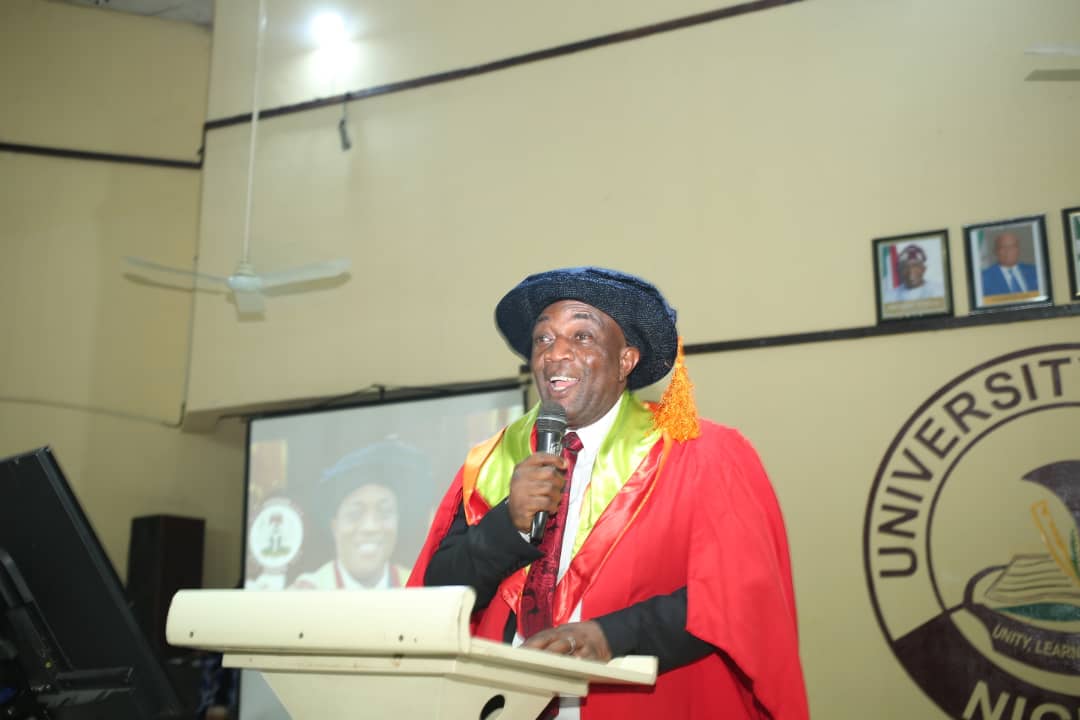The lawmaker representing Oyo central senatorial district in the Senate, Yunus Akintunde, has said that the prioritization of urban centres over rural areas in the distribution of energy has not brought the needed developmental spread in Nigeria.
According to Akintunde, efforts aimed at encouraging clustering of agribusiness in rural areas should be established.
He said policies that incentivises such clustering of businesses in rural areas would likely prompt electricity companies to expand their operation to rural areas.
The Oyo-born lawmaker who chairs the senate committee on environment spoke at the second edition of the Prof Nyaudoh U. Ndaeyo Public Lecture at the University of Uyo, Akwa-Ibom State, on Tuesday.
He said as an expert, he has had to interact with stakeholders which included Rural Electrification Agency, REA; Federal Ministry of Power, Energy Commission of Nigeria and some states Rural Electrification Boards) in the rural electrification, revealing that political interference, inferior off-grid technology, economic factor and corruption were the major impediment to reducing energy poverty in rural Nigeria.
Revealing that over 81 million of Nigeria’s over 206 million population lack adequate electricity access, with rural areas being the most affected, he explained that “politicians’ interfere with the orderly planning and running of rural electrification programmes. Most of the off-grid equipment imported into the country is sub-standard and not durable while most of the officials handling each of these phases sometimes exhibit overtly rent-seeking behaviours.”
He also listed the high cost of infrastructure, lack of investment as well as inadequate power generation and distribution infrastructure as some of the challenges of rural electrification in the country.
Revealing that energy resources in Nigeria is abundant, Akintunde who is the first Nigerian to bag a doctorate degree in energy and environment said the country’s potential for renewable energy is 207,000 GWh solar and 50,800 GWh hydro. “Renewable resources like solar, wind, biomass, hydro, wave/tidal while the non-renewable resources are crude oil, natural gas, coal,” he added.
Despite all the abundant natural resources, Akintunde explained that Nigeria continues to face challenges in the energy sector.
“There is the problem of inadequate electricity generation— 12,522 MW installed capacity, 4,000 MW actual generation. There is also the issue of poor transmission infrastructure, and frequent blackouts. And we also battle insufficient investments and corruption in the energy sector. ”I like to tell this audience that energy poverty has different impact of each gender— women spend 4-6 hours daily collecting firewood. There is high exposure to lethal fumes in rural kitchens and energy access doesn’t always alleviate women’s burdens due to cultural norms,” he added.
As way forward, Akintunde said that there should be institutional reforms to enhance energy consumption: The current structure of the REA, which is presently centralized, should be localized.
”Public policies aimed at improving both the quantity and quality of electricity services need to be backed by broader macroeconomic policies. Policies need to incentivise the private sector to expand their operation to areas that are without electricity to enhance access and affordability. And focus should also be on the adoption and promotion of renewable energy technologies. Reforms and development priorities must be tailored to encourage alternative funding strategies for rural electrification programmes.
“Moreover, awareness promotion on clean and efficient energy should be pursued as there is a need to increase investment in education in general and energy usage. There is also a need to employ alternative energy supplies such as renewable energy sources to reduce the energy inconveniences of the citizens in such rural communities. Policies should target the development of mobile infrastructure, microloans and strengthen payment solutions that are suitable for low-income individuals. The government in partnership with multilateral institutions could establish a fund where innovators could access finance to scale up their idea, as it pertains to off-grid power generation.”
Akintunde, who had been warmly received since he got to Uyo on Monday by the Yoruba community and university management, was later invested as the grand patron of Yoruba community in the state.

 Join Daily Trust WhatsApp Community For Quick Access To News and Happenings Around You.
Join Daily Trust WhatsApp Community For Quick Access To News and Happenings Around You.


